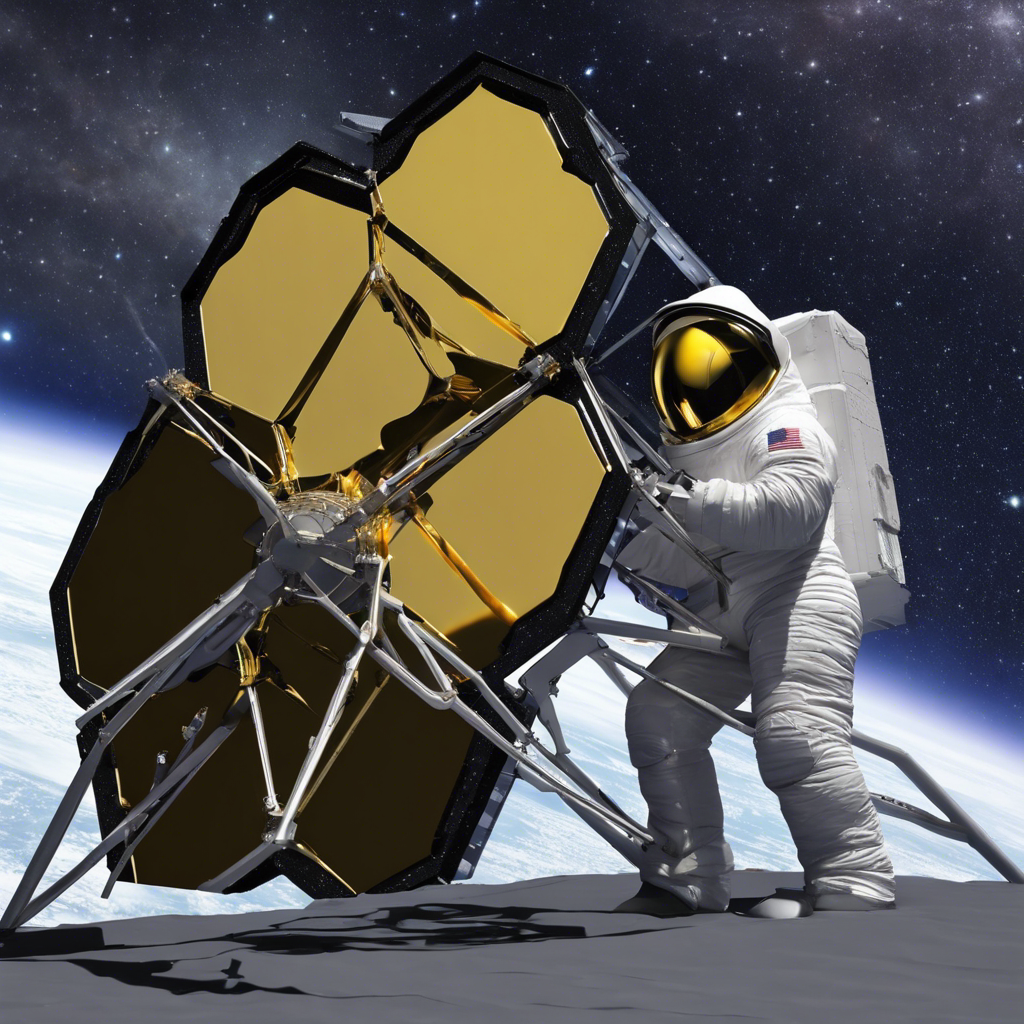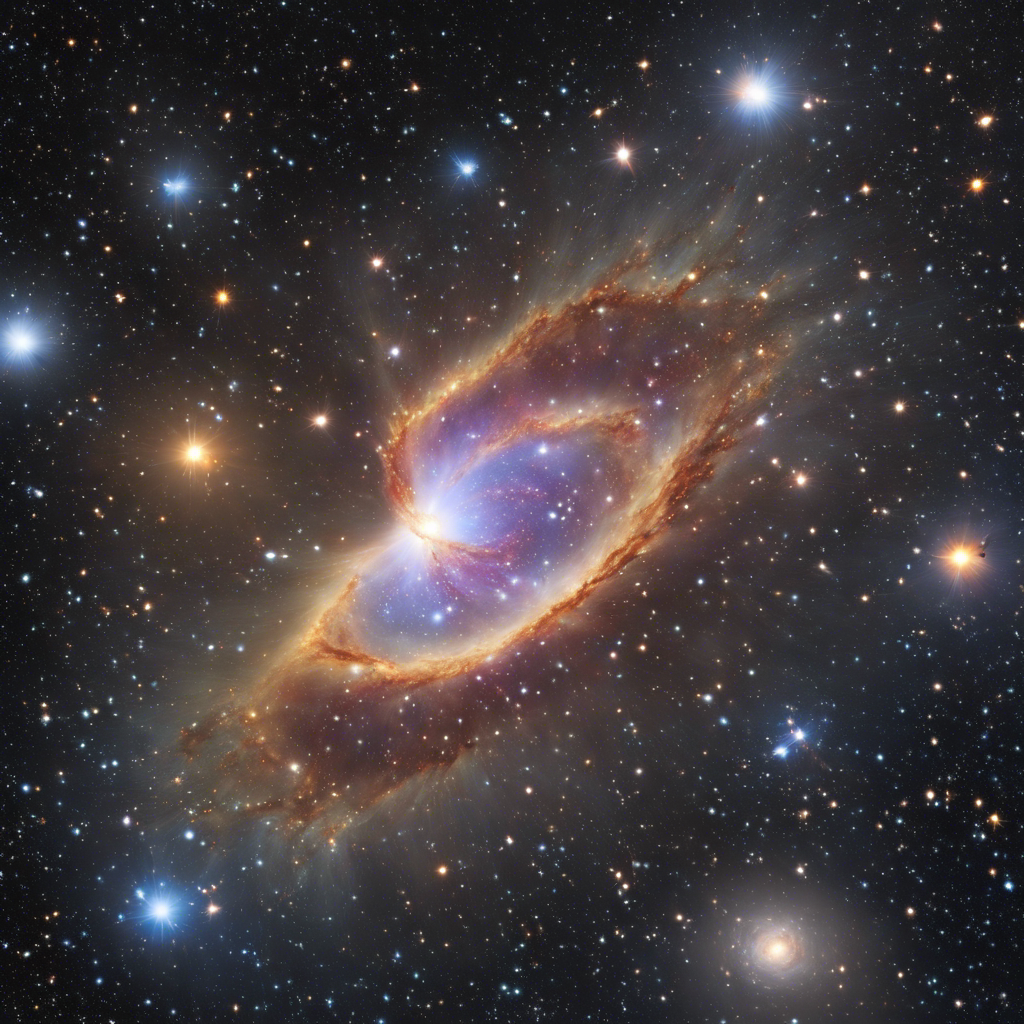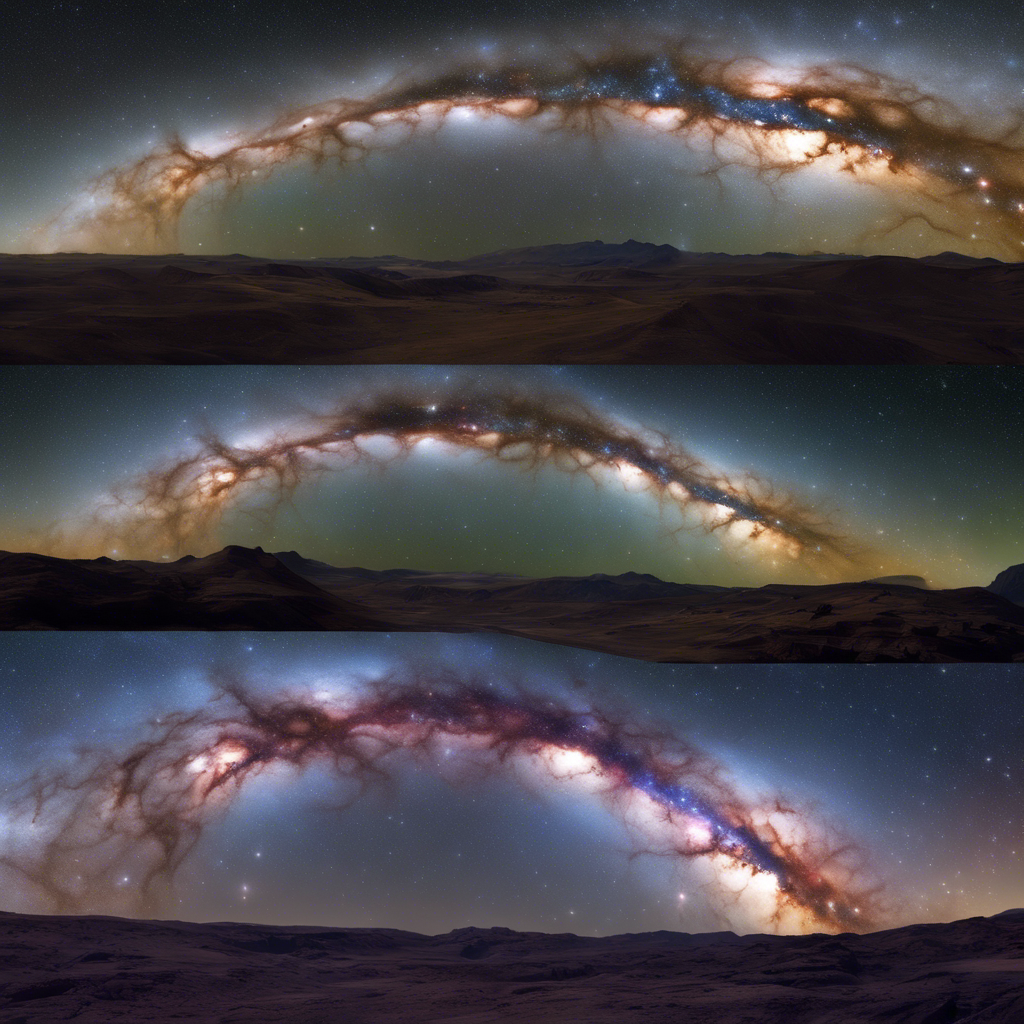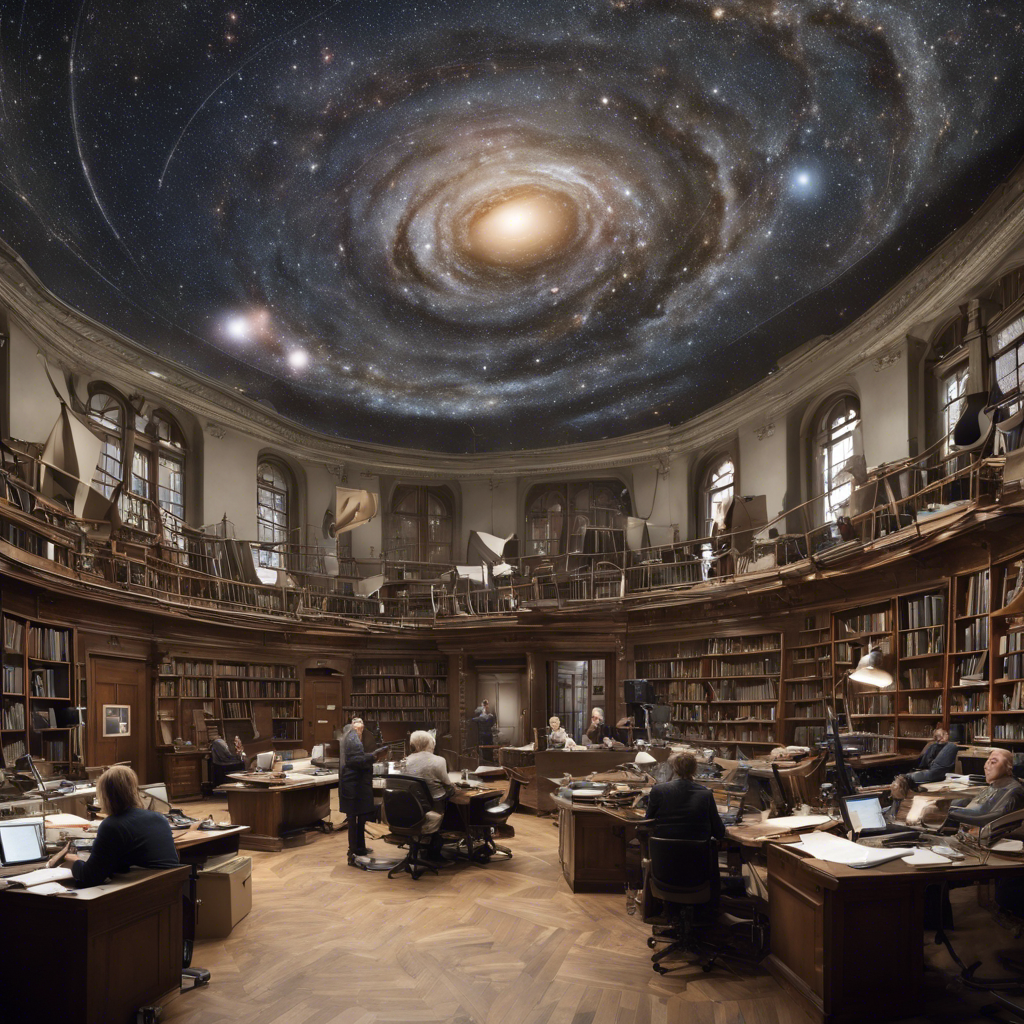Unveiling the Thin Line Between Revolutionary Breakthroughs and Dubious Claims
Science is an ever-evolving field that constantly pushes the boundaries of knowledge and understanding. However, amidst the pursuit of groundbreaking discoveries, there are instances where dubious claims and questionable research can masquerade as revolutionary truths. In the year 2023, several cases emerged that challenged the scientific community’s discernment and the public’s perception of scientific breakthroughs. From the search for the universe’s first stars to the age of the cosmos, here are 10 instances where bad science might have fooled you.
1: Astronomers Found the Universe’s First Stars
The quest to uncover the universe’s first stars has long fascinated scientists, but the truth remains elusive. While there is strong evidence to suggest the existence of these ancient stars, they have yet to be definitively discovered.
2: Dark Matter is Wave-Like in Nature
A recent study claimed that dark matter, the mysterious substance that makes up a significant portion of the universe, has wave-like properties. However, skeptics argue that this conclusion is based on one poorly-observed system and lacks substantial evidence.
3: JWST’s Distant Galaxies Disprove the Big Bang
The James Webb Space Telescope (JWST) has provided stunning images of distant galaxies, leading some to question the validity of the Big Bang theory. However, closer examination reveals that these deviations from expectations are slight and consistent with the current understanding of cosmology.
4: The Expanding Universe is a Mirage
A controversial study suggested that the expanding universe, a cornerstone of modern cosmology, may be nothing more than an illusion. However, terrestrial laboratory experiments and historical observations contradict the assumptions made in this study.
5: The Universe is Actually 26.7 Billion Years Old
A bold claim challenged the widely accepted age of the universe, proposing that it is nearly twice as old as previously believed. Yet, historical observations and data from natural reactors rule out this alternative theory.
6: LK-99 is a Room-Temperature Superconductor
The discovery of a room-temperature superconductor, a material that can conduct electricity without resistance, would revolutionize technology. However, careful examination of the evidence reveals that LK-99 never reaches zero resistance, debunking the claim.
7: Exoplanet K2-18b is an Inhabited Ocean World
The search for habitable exoplanets is a hot topic in astronomy, and the discovery of K2-18b generated excitement. However, the claim that it is an inhabited ocean world crumbles without the detection of dimethyl sulfide, a crucial molecule associated with life.
8: Time Ran Slower in the Cosmic Past
A study suggested that time ran slower in the early universe, challenging our understanding of the fundamental nature of time. However, the observed time dilation is a consequence of the expansion of the universe and the redshift of light, rather than a change in the passage of time itself.
9: Binary Stars Prove (or Disprove) MOND
Binary star systems have been proposed as a testing ground for Modified Newtonian Dynamics (MOND), an alternative to dark matter. However, the uncertainties inherent in this method make it unreliable for drawing definitive conclusions.
10: We’ve Found Alien Technology on the Ocean Floor
An audacious claim of discovering alien technology on the ocean floor captivated the public’s imagination. However, further investigation revealed that the metal spherules were the result of industrial pollution, debunking the notion of extraterrestrial origin.
Conclusion:
In the ever-evolving landscape of scientific discovery, it is crucial to maintain a critical eye and demand overwhelming evidence before accepting revolutionary claims. The cases presented in 2023 serve as a reminder that the scientific process requires rigorous scrutiny and skepticism. While science continues to push the boundaries of knowledge, it is our responsibility to navigate the fine line between groundbreaking breakthroughs and dubious claims.











